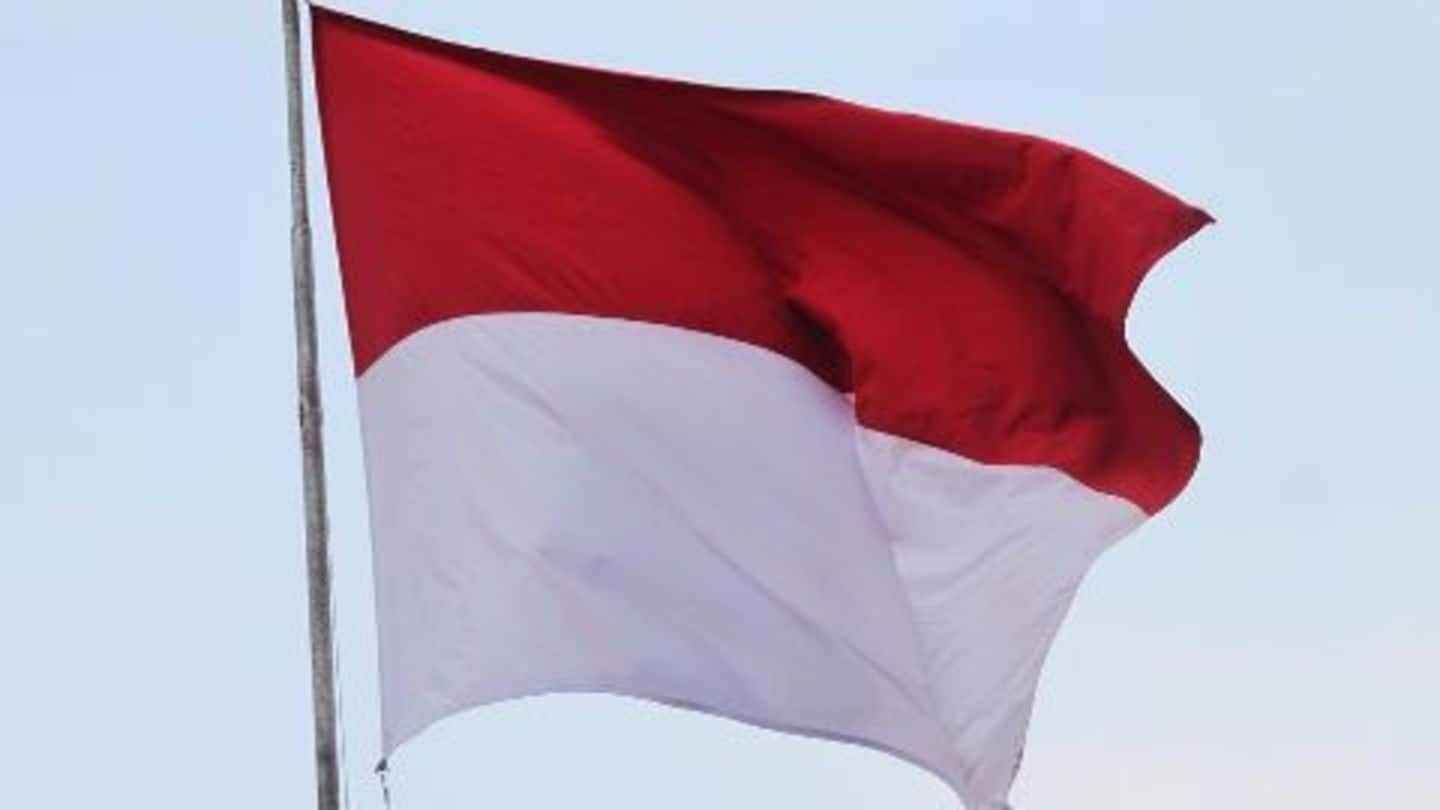
Indonesian government backs talks on '65-66 atrocities
What's the story
Indonesia convened an unprecedented discussion of anti-communist massacres in 1965-66 that brought together survivors and representatives of the military that orchestrated the atrocities. The two-day symposium in Jakarta, marks the first time the government has backed such a public investigation into the controversial killings. The conference was opened by the Indonesia's Cabinet minister in charge of security and political affairs, Luhut Pandjaitan.
1965-66
What happened during the 1965-66 massacre?
The 1965 mass killings were triggered by the assassination of six army generals on September 30, in a coup blamed on the now defunct Indonesian Communist Party (PKI). In October, the Indonesian government gave free rein to Indonesian soldiers and local militias to kill anyone they considered to be a "communist." Over the next few months into 1966, at least 500,000 people were killed.
Information
Victims of killings
The victims of the mass killings included members of the Communist Party of Indonesia (PKI), ethnic Chinese, as well as trade unionists, teachers, civil society activists, leftist artists, intellectuals and countless others.
Jul 2012
National Human Rights Commission releases report on massacre
In July 2012, Indonesian National Commission for Human Rights, following a four-year investigation, released an executive summary of a report on the 1965-66 mass violence. The report found evidence of crimes including extra judicial killings, torture, rape, etc., and declared the killings a gross violation of human rights . It recommended a criminal investigation and the establishment of a non-judicial truth and reconciliation commission.
2015
Indonesia's silence over years
The mass killings under General Suharto were off limits for public discussion, when Suharto ruled Indonesia with an iron fist for 32 years. Awareness grew since his downfall in 1998 through literature and films like the Oscar-nominated documentary "The Act of Killing". The government though remained silent over years, even forcing a major literary festival to cancel events related to the massacre, in 2015
Personal
Attorney General rules out criminal investigation
In May 2015, Indonesia's Attorney General ruled out criminal investigations of suspected perpetrators of the killings for lack of evidence. He said the government favored a reconciliation process.
Information
Organizers of the conference
The architects of the conference include Sidarto Danusubroto, a member of the presidential advisory committee, and Agus Widjojo, a retired general whose father was one of the high-ranking army officials who, according to the official version, were allegedly killed by the Communist party of Indonesia (PKI)
18 Apr 2016
Indonesia pledges to resolve its 'dark history'
Indonesia pledged to resolve its "dark history" around one of the worst mass killings of the 20th century. Speaking at the two-day symposium, Indonesia's security minister said the country must make peace with its past but ruled out a crimanl investigation or formal apology to the victims of massacre. The minister added that the event reflected government's intention to resolve past human rights abuses.